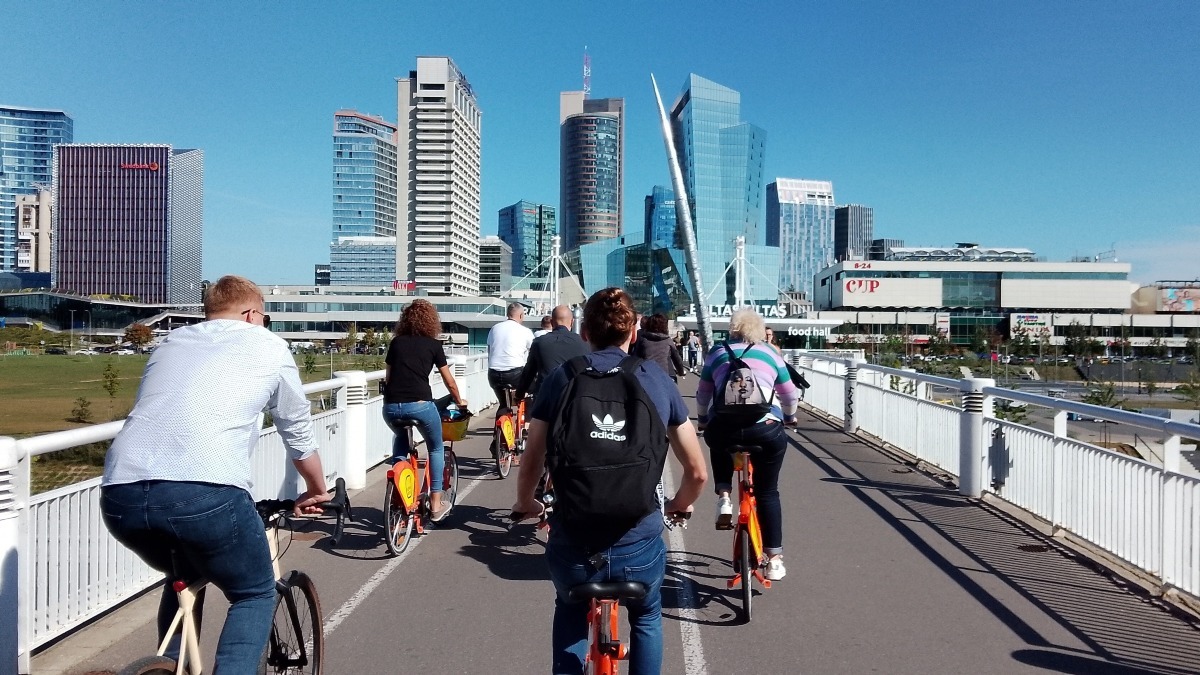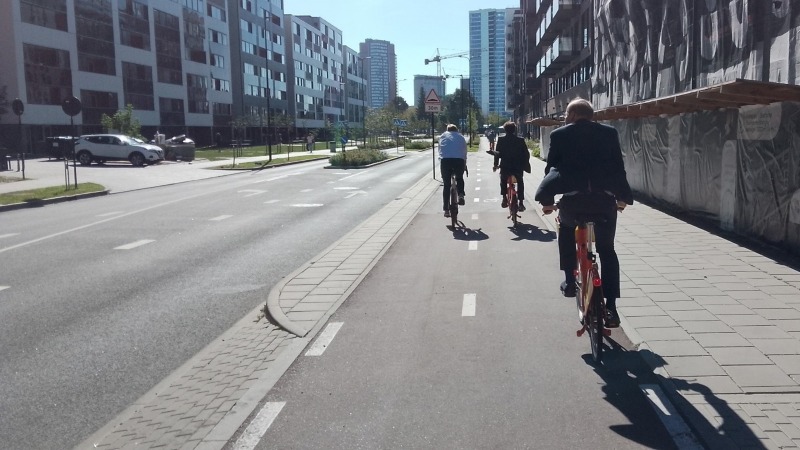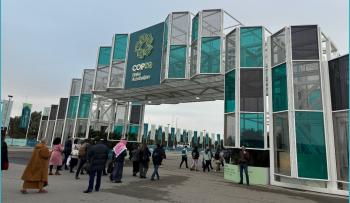
ECF helps support first successful national cycle conference in Lithuania
In the new financial period 2021-2027, Lithuania is among the most ambitious countries with respect to using EU Structural Funds for cycling investments, with €47 per capita planned. But money is not everything – you need a good plan and the know-how to spend it well. On 20 September 2023, the Lithuanian Ministry of Transport and Communications, in cooperation with ECF member Lithuanian Cyclists’ Community, organised the first national cycle conference, dedicated to systematising data and knowledge about cycle infrastructure, and networking between different stakeholders.
“In 2022 we took inventory of existing bike paths and their condition, identified priority investments and compiled a national map. With this conference, we want to start a new tradition in Lithuania: a dialogue between experts, designers, cyclists and policymakers.”, said Agnė Vaiciukevičiūtė, Deputy Minister of Transport and Communications.

Fabian Küster discussing the necessary ingredients for an impactful national cycling strategy.
Fabian Küster, ECF Director of Advocacy and EU Affairs, applauded the good steps done so far and the aspirations set out in the national cycle route development plan. This should be incorporated into a national cycling strategy that is currently in the making and should be adopted soon. He also suggested that the upcoming International Transport Forum Summit, held under the Presidency of Lithuania, could be a good place to continue the discussion. Aleksander Buczyński, ECF Infrastructure Officer, presented good practices in cycle infrastructure development from Poland, Belgium and France, and lessons learned from their implementation. “With investments carried out on the municipal level, it can be a challenge to ensure the cycle tracks do not end on an administrative border”, he warned.
Several speakers stressed the need for integrating cycling facilities in other investments, such as TEN-T roads or railways. Marius Vaščega, the head of the European Commission's Representation in Vilnius, noted that for example the development of the flagship EU project Rail Baltica could be used to create a backbone cycle route.
The conference also included a practical part: participants were invited for a bike ride around Vilnius. A panel discussion about specific cycling facilities – or lack thereof – followed directly afterwards. With representatives of designers, a user organisation, and foreign experts, a lively exchange of opinions ensued. One of the controversial topics was the approach to local, low category roads. During the cycle trip we saw an example of such a street rebuilt with a dedicated cycle track. The track was technically well designed and comfortable to use, but would the street not be better with a bit more traffic calming and cyclists on the carriageway? Moving on to details, the participants discussed the traffic light programmes, detection of cyclists and how to improve the markings to make it clear who has priority on cycle crossings, or on intersections between different cycle tracks.

The conference included also a bike tour of Vilnius.
“Last year we lacked a good infrastructure for the conference, so we're happy that the first official conference stepped up so much and attracted so many responsible people from different related fields…Hopefully the conference will continue for many more years with ECF coming and helping to improve with their insights." , Paulius Bakutis, chairman of the ECF Lithuanian member commented about the success of the first conference.
It was a privilege for ECF to attend and speak at the 1st National Cycling Conference in Lithuania, we will continue to observe, and if requested, contribute to cycling development in the Baltic state.
Regions:
Contact the author
Recent news!
Upcoming events
Contact Us
Avenue des Arts, 7-8
Postal address: Rue de la Charité, 22
1210 Brussels, Belgium









